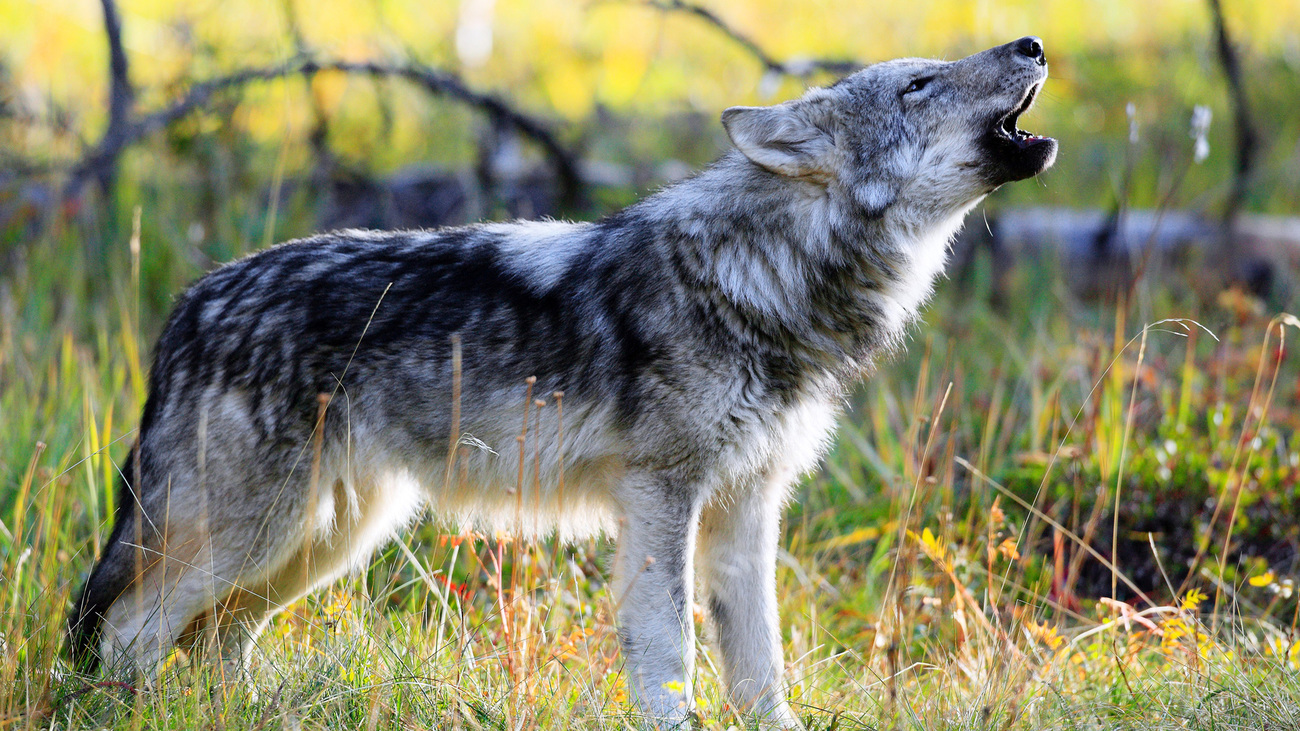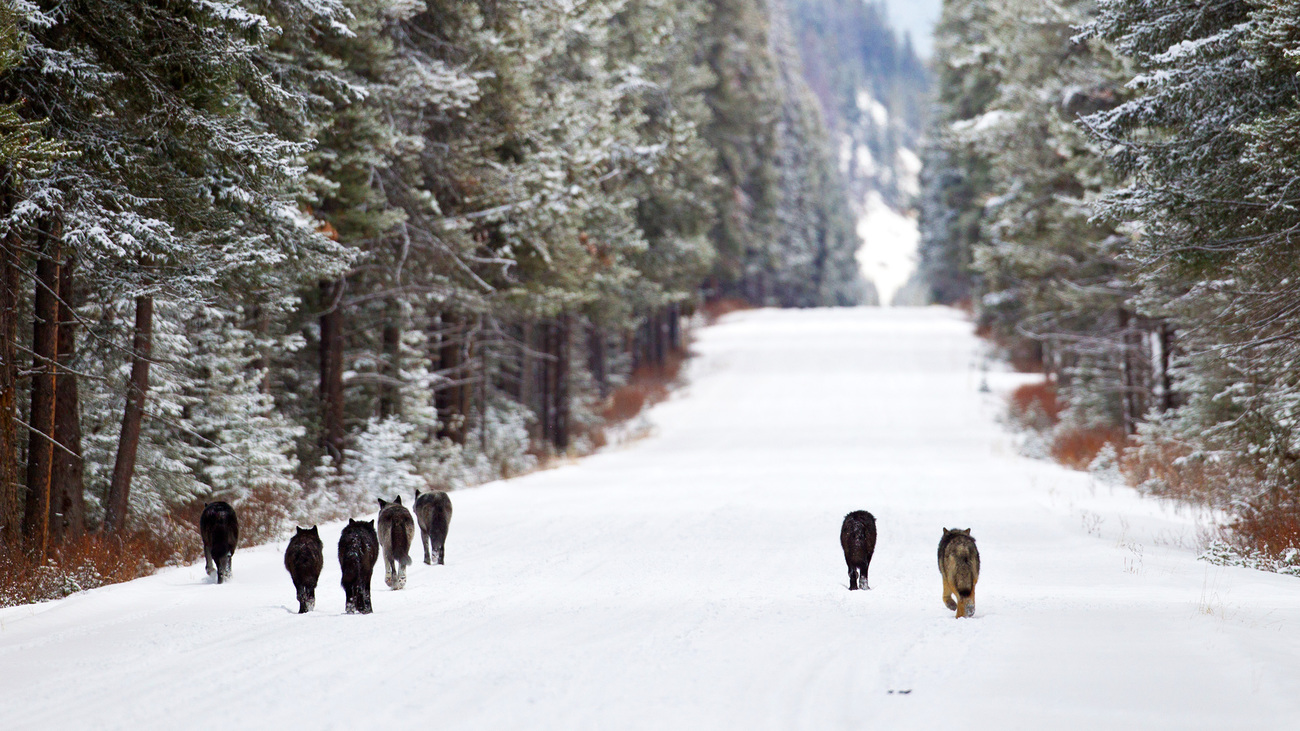Sheryl Fink
Canada ends its cruel use of strychnine poison to kill wolves, bears, and coyotes
Canada ends its cruel use of strychnine poison to kill wolves, bears, and coyotes

Canada has announced an end to all uses of strychnine—a poison previously authorised to kill wolves, bears, and coyotes. Strychnine causes these animals, and other wildlife that consume it, to die slow and excruciating deaths.
The decision to ban its use is a welcome surprise, since the previous proposal from 2022 recommended that strychnine continues to be allowed as a predacide (a chemical used to kill land predators).
But new records emerged showing that many animal carcasses contaminated with the poison were not being retrieved, meaning they could be consumed by other wild animals, allowing strychnine to travel through the food chain—a problem that IFAW has warned of for years.
With the new data, it was announced on 7 March that all uses of strychnine would be immediately prohibited. Possession, handling, and storage of the chemical will be phased out over a six-month period.
The reversal of a proposed decision is unusual, and I truly believe we can at least partially attribute this change of heart to the strong outcry from our supporters, who have signed so many petitions and sent so many letters over the years.

Here’s a timeline of IFAW’s campaign to end the use of strychnine to kill wildlife in Canada:
- Ending the use of strychnine to kill wolves, bears and coyotes has been an IFAW Canada campaign since 2017, when we became aware of the large numbers of non-target wildlife and companion animals being killed over the course of the Alberta government’s wolf poison programme. This programme uses strychnine to kill wolves each winter, claiming it is necessary to reduce predation on endangered woodland caribou.
- In 2018, we travelled to Alberta to be the first NGO to document, film, and photograph the government wolf poison programme.
- In 2018, we released our report ‘Failing Caribou, Failing Wolves’, calling for an end to Canada’s wolf poison programme. We also presented an open letter to the Minister of Health calling for an end to these poisons.
- In 2019, we conducted public polling showing that the majority of Albertans were opposed to the use of poison to kill wolves. We and our supporters also participated in the Public Consultation on Humane Vertebrate Pest Control.
- In 2020 we joined a coalition in calling for a special review of the strychnine programme, using our evidence gathered in the field, and drawing attention to the hundreds of dogs and other non-target species poisoned by strychnine.
- In May 2021, we worked with Canadian MP Len Webber to introduce a petition in the House of Commons calling for an end to the use of sodium cyanide, strychnine, and Compound 1080 as predacides. In December 2021, the use of sodium cyanide ended in Canada.
- In November 2022, we again engaged our supporters to call on Canada to stop poisoning wolves as part of a public consultation, alongside the release of the short film ‘Poisoned Earth’, which features IFAW footage.
- IFAW supporters continued to call for an end the use of strychnine to kill wildlife, with over 200,000 letters sent to the Government of Canada asking for an end to the poison program.
- In March 2023, Canada announced it is immediately cancelling all uses of strychnine.
- IFAW congratulates Canada on this important step, but there is still work to be done. Canada continues to allow use of Compound1080, another inhumane poison that is condemned by the Canadian Veterinary Medical Association, to kill wolves and other wildlife. We continue to engage with the Government of Canada to end the use of all cruel poisons that cause wildlife to suffer.
Related content
Our work can’t get done without you. Please give what you can to help animals thrive.